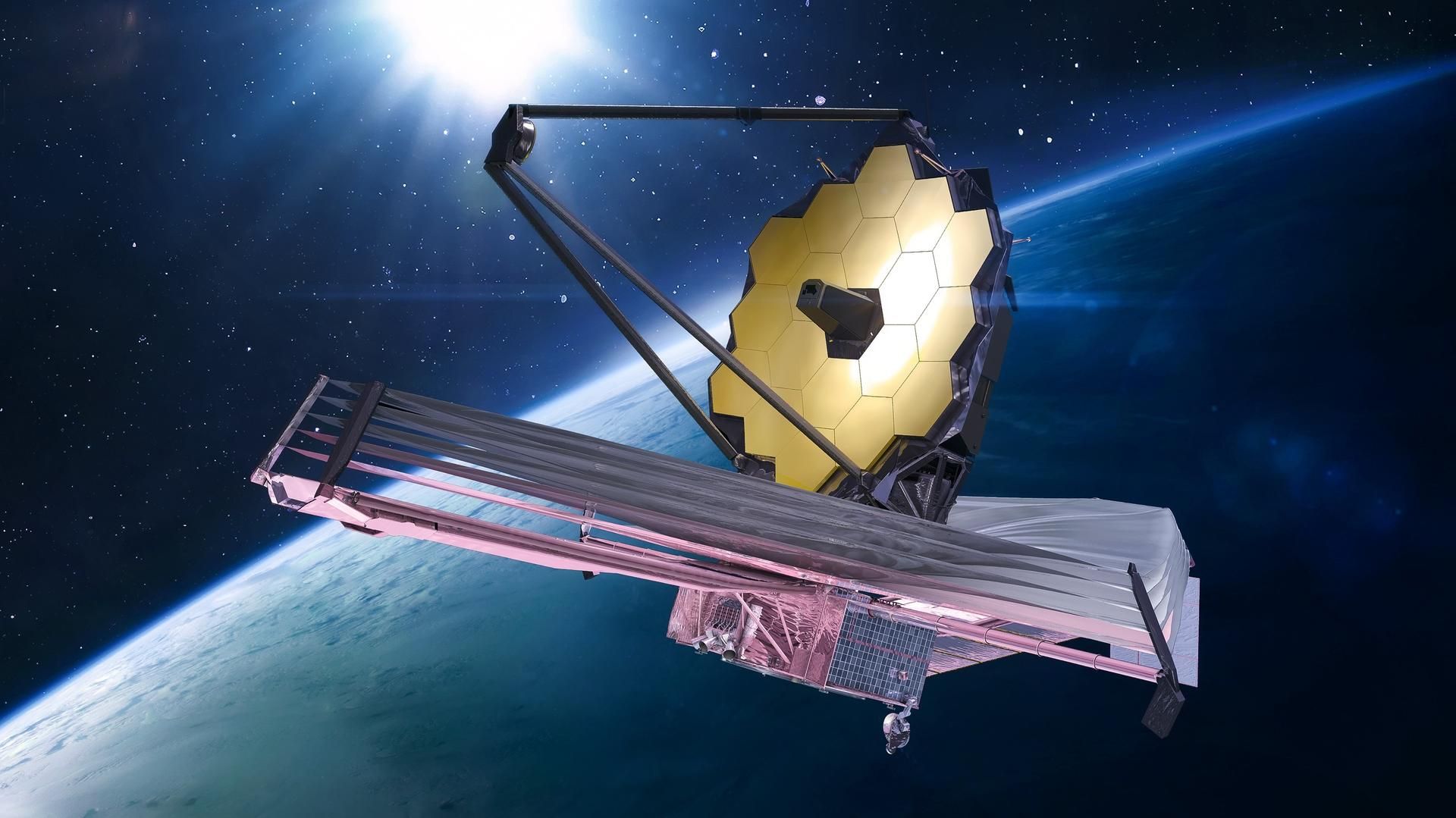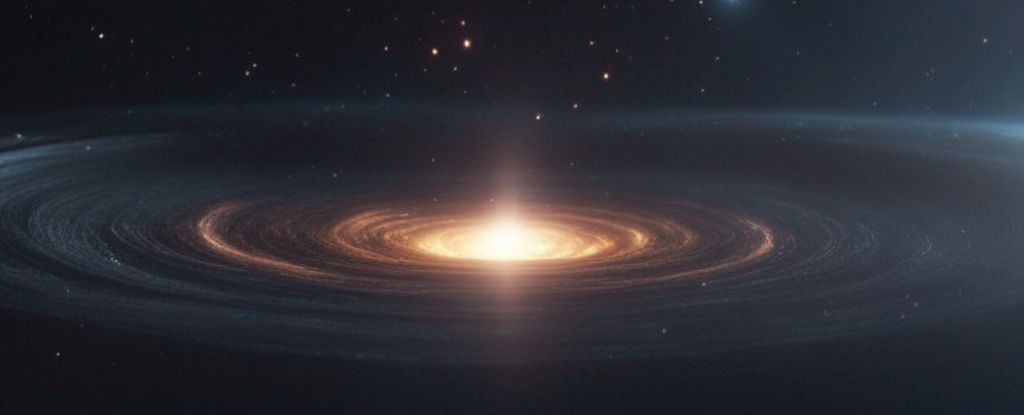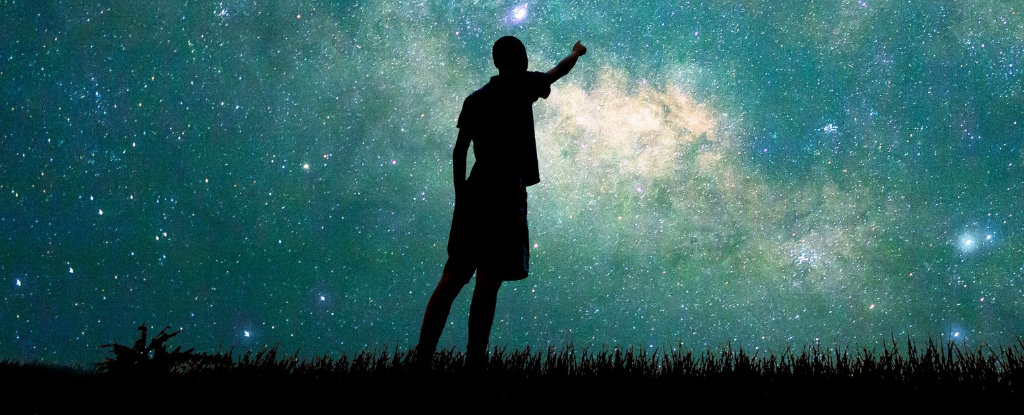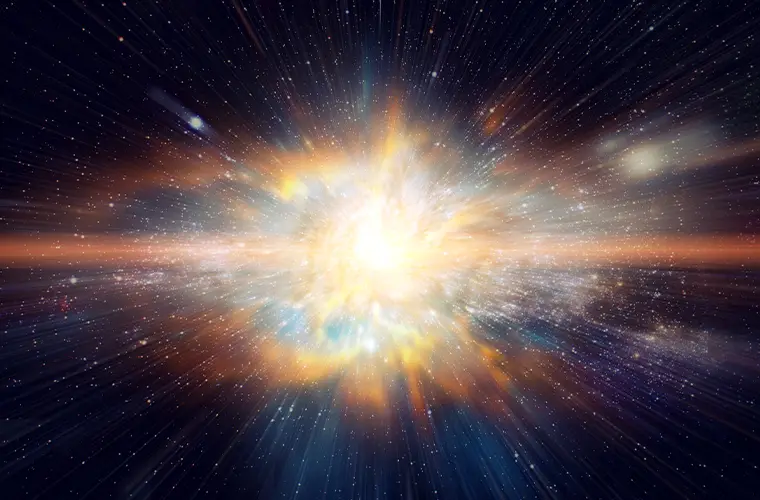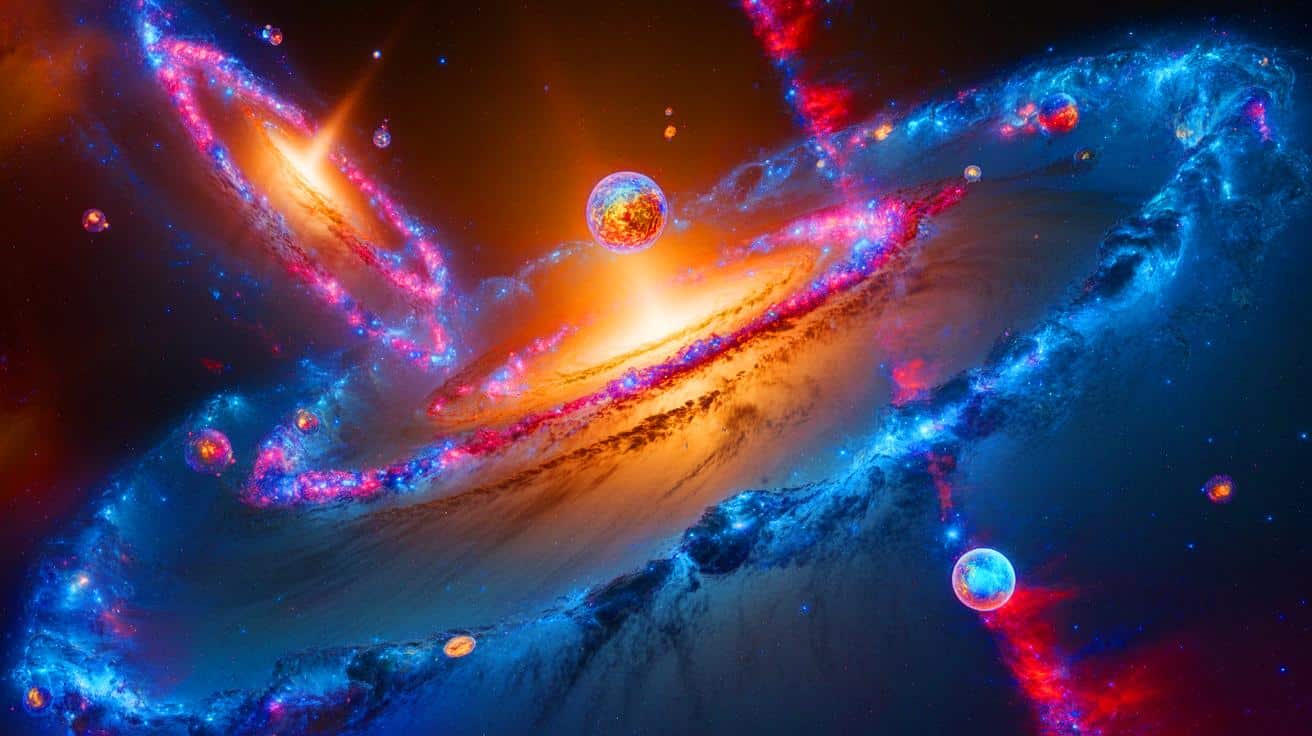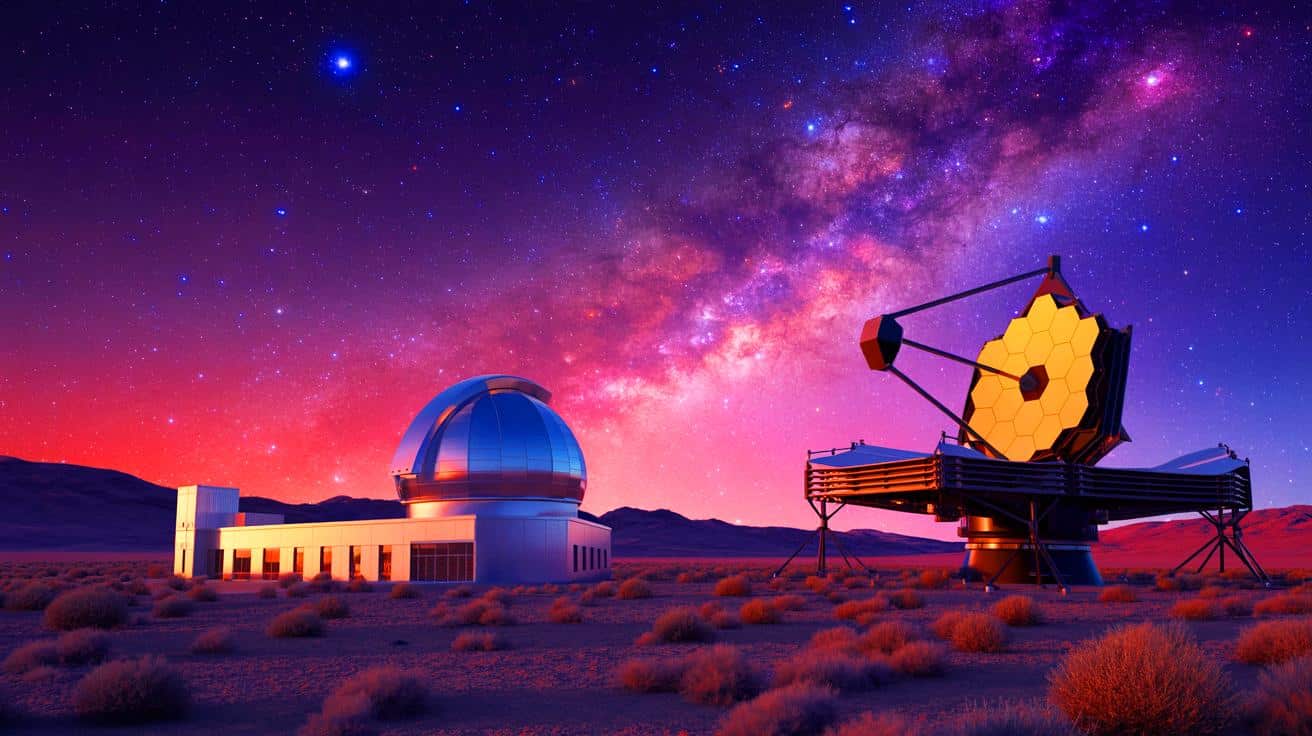If recent discoveries that dark energy is evolving hold any water, our Universe will collapse under its own gravity on a finite timeline, new calculations suggest. Based on several recent dark energy results, a new model finds that the Universe has a lifespan of just 33.3 billion years. Since we are now 13.8 billion years after the Big Bang, this …
Read More »Tag Archives: Universe
The Most Pristine Star In The Universe May Have Been Found
A team of astronomers believe they may have found the most “pristine” star in the universe to date. According to the team, the gas that formed this star may have come from an elusive “population III” star, the earliest stars in the universe. Population III stars are the name we give to the universe’s first stars, which formed from primordial …
Read More »James Webb telescope may have spotted controversial ‘dark stars’ in the far universe
The second most distant object ever spotted by the James Webb telescope may be a ‘dark star’ powered by dark matter rather than nuclear fusion. By looking at the wavelengths of light picked up by the James Webb Space Telescope (JWST), researchers have identified four dark star candidates — with one seemingly possessing a “smoking gun” helium absorption signature, the …
Read More »The universe is too big for us to be alone, right? A NASA scientist weighs in – Boing Boing
The universe is too big for us to be alone, right? A NASA scientist weighs in Boing Boing Source link
Read More »Physicists Predict When The Universe Will End in a Reverse Big Bang : ScienceAlert
If recent discoveries that dark energy is evolving hold any water, our Universe will collapse under its own gravity on a finite timeline, new calculations suggest. Based on several recent dark energy results, a new model finds that the Universe has a lifespan of just 33.3 billion years. Since we are now 13.8 billion years after the Big Bang, this …
Read More »Humans May Be Among The First Intelligent Beings in The Universe : ScienceAlert
The Copernican Principle, named in honor of Nicolaus Copernicus (who proposed the heliocentric model of the Universe), states that Earth and humans do not occupy a special or privileged place in the Universe. In cosmological terms, this essentially means that Earth is representative of the norm, and life is likely to exist throughout the cosmos. While our efforts to find …
Read More »Dark matter may end our universe in a ‘Big Crunch’
Astrophysicists have presumed for nearly a century that the universe will just keep expanding for all eternity, driven by an invisible force called dark energy. But new data suggest that this is unlikely to occur. The universe will ultimately cease to expand and collapse in a fiery collapse called the “Big Crunch,” say physicists Hoang Nhan Luu, Yu-Cheng Qiu, and …
Read More »Scientists Now Believe the Entire Universe Might Be Gently Spinning (and it could rewrite physics itself)
IN A NUTSHELL 🌀 Scientists propose a secret cosmic rotation to resolve the Hubble tension in universe expansion rates. 🔭 The theory maintains established physics without introducing exotic particles or dimensions. 🪐 Researchers aim to find observational evidence of rotation in cosmic microwave background patterns. 🌌 This hypothesis could reshape our understanding of cosmological dynamics and the universe’s behavior. In …
Read More »NASA’s James Webb and the Rubin Observatory Just Joined Forces to Map the Entire Universe
IN A NUTSHELL 🔭 The Rubin Observatory and JWST offer complementary astronomical insights through wide-field surveys and infrared observations. 🌌 Located in Chile, the Rubin Observatory utilizes optimal conditions for ground-based wide-field sky mapping. 🚀 The James Webb Space Telescope operates at the L2 point, offering precise infrared capabilities and detailed follow-up observations. 🛰️ Together, they facilitate a comprehensive understanding …
Read More »Primeval Star May Be the Most ‘Pristine’ Object Ever Discovered in the Universe
Stars are the original nuclear fusion reactors. As it evolves, a star continuously fuses hydrogen, helium, and—if it becomes big enough—heavier elements, releasing the energy created into space as light and heat. The earliest stars, however, were a little different. Astronomers believed that the universe’s first stars were more “pristine,” meaning that they consisted of only the lightest of elements. …
Read More »

